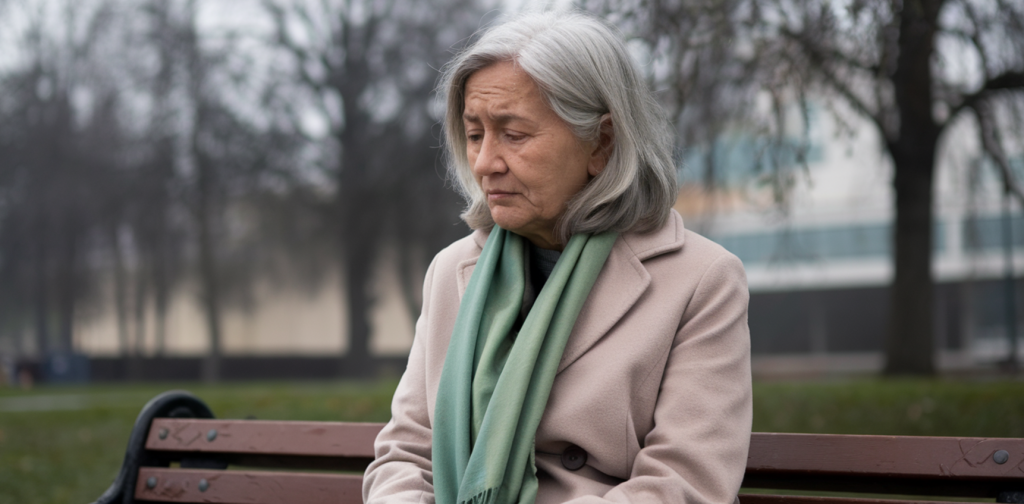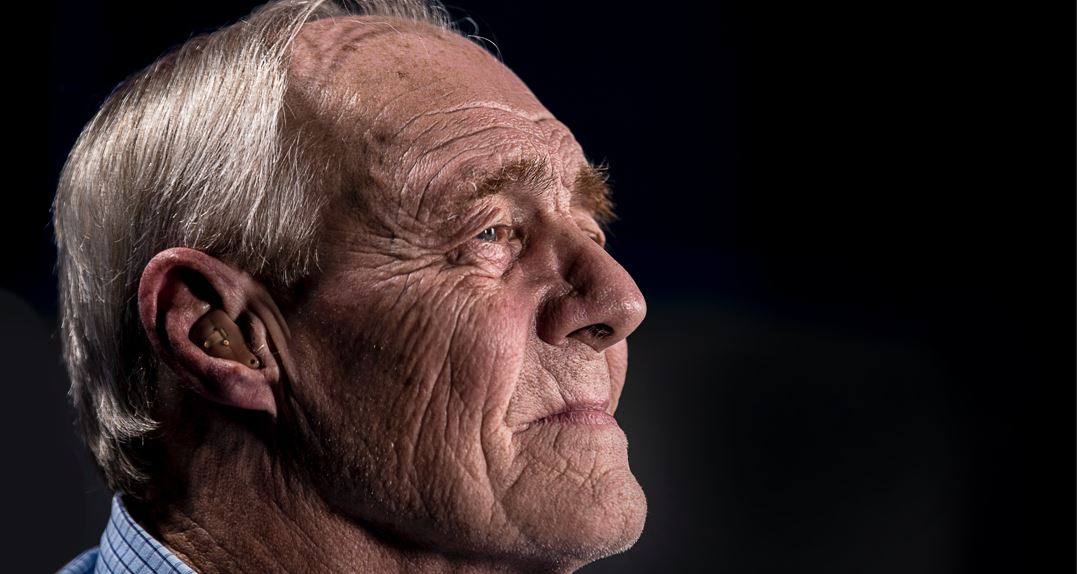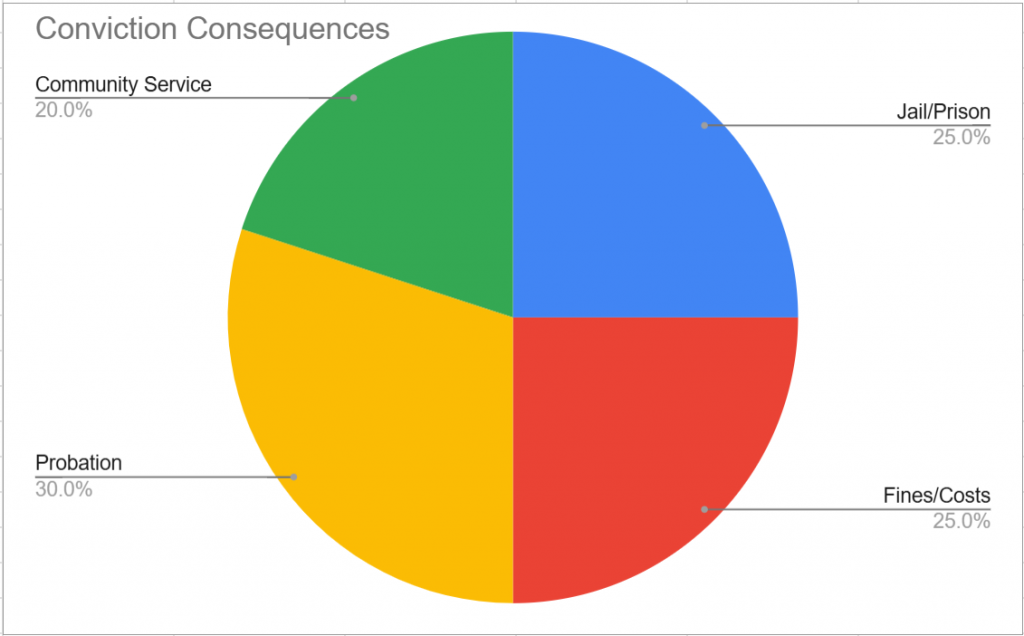Defense Attorney for Those Accused of Elder Abuse or Neglect
If you face allegations of elder abuse or neglect, it is best that you take the situation seriously and take proactive steps to protect your future, employment, and freedom.

What You Need to Know About Elder Abuse and Neglect
Elder abuse and neglect cases are among the most heart-wrenching and challenging legal matters faced by Michigan judges, prosecutors, and defense attorneys. Whether false or truthful, these allegations often attract media and social media attention. Because of the sensitive nature of these cases, law enforcement and the community vilify defendants without regard to the credibility of the allegations or the excellent character and reputation of the accused. As advocates for those facing such charges, we understand the importance and stakes that come with defending clients in these matters. For those falsely accused, a mere allegation is often enough to ruin someone’s reputation and employability. In cases where an individual abused or neglected a vulnerable person, judges and prosecutors frequently presume guilt and seek to punish them without regard to mitigating factors or consideration of extenuating circumstances.
Your Best Defense Against Elder Abuse and Neglect Allegations
Generally, elder abuse or neglect allegations fall within one of three scenarios: (1) false or untruthful allegations, (2) exaggerated allegations, or (3) truthful allegations of genuine abuse or neglect.
False Accusations
Family strife, jealousy, greed, and paranoia can lead to false or exaggerated allegations of abuse or neglect of older adults. For healthcare workers, family members might blame someone incorrectly and claim intentional abuse when there was an accidental injury. In the worst case, a family might falsely allege abuse to set up a healthcare facility or worker for a civil lawsuit. At LEWIS & DICKSTEIN, P.L.L.C., our attorneys and staff have extensive experience defending clients facing false and exaggerated allegations. We review evidence with a fine-toothed comb, investigate cases for favorable evidence, and painstakingly and aggressively attack and challenge the government’s allegations to expose false accusations.
Cases with Verifiable Abuse or Neglect
People are imperfect and make mistakes. Abusing or neglecting a vulnerable, older person is a crime that often justifiably results in criminal prosecution and punishment. In these cases, mistreating a patient or elderly adult rarely results from evil or malicious motives. Someone who intentionally, impulsively, or recklessly harms an aging individual usually does so due to extreme stress, frustration, lack of coping skills, or mental health issues. In cases with overwhelming evidence of guilt, a defense lawyer’s job is to humanize their client, investigate the cause of the behavior, counsel the client, assist them in getting help (such as education or therapy), and stand up to overzealous prosecutors.

What is Elder Abuse and Neglect?
In Michigan, state law governs elder abuse and neglect cases. The Michigan Vulnerable Adult Act (MCL 750.145m) outlines provisions related to vulnerable adults, including those suffering from abuse or neglect. Under this act, “vulnerable adults” are defined as individuals aged 18 and above who may be unable to protect themselves due to physical or mental impairments.
Elder abuse and neglect, also known as vulnerable adult abuse, is causing physical or mental harm to a vulnerable or elderly adult. Elder abuse and neglect encompass a range of harmful actions or omissions directed toward elderly individuals who are often unable to protect themselves. The severity of the charge depends on the injury or harm caused and the accused’s intent or lack of intent. For example, intentionally causing serious physical or mental harm is a more severe charge than recklessly causing minor injury. These actions can take various forms, including physical abuse, emotional abuse, financial exploitation, neglect, and even abandonment. Someone who unintentionally causes an injury to a vulnerable adult because they were attempting to prevent harm from or against the elderly individual is not guilty of this crime.
What are the Penalties for Elder Abuse and Neglect?
The penalties for elder abuse and neglect change based on the nature of the injury, how it occurred, and the accused person’s intent. Here are the crimes and elements of Michigan’s vulnerable adult abuse laws:
- Vulnerable adult abuse in the first degree is a felony punishable by imprisonment for 15 years, five (5) years of probation, and a fine of $10,000.00. This crime requires proof beyond a reasonable doubt that the accused intentionally caused physical or serious mental harm.
- Second-degree elder abuse is punishable by up to four (4) years in prison, five (5) years of probation, and a fine of $5,000.00. This crime occurs when someone recklessly causes physical or serious mental harm to a vulnerable adult.
- Vulnerable adult abuse in the third degree occurs when a caregiver intentionally causes minor physical harm to an elderly person. This high-court misdemeanor is punishable by up to two (2) years in prison, fines, and probation.
- The least serious offense, 4th-degree elder abuse, carries up to one year in jail and years of probation supervision. This crime occurs when someone recklessly but unintentionally causes a minor injury to a vulnerable adult.
Related Charges:
- A caregiver or person with authority over a vulnerable adult who takes financial advantage of an older adult files false or misleading information in a filing required by the Michigan Public Health Code or obstructs an investigation into elder abuse is guilty of a high-court misdemeanor punishable by up to two (2) years in prison.
- A caregiver or person with authority over a vulnerable adult who intentionally or retaliates or discriminates against an elderly person because they reported abuse or neglect, files a complaint, participates in an administrative proceeding or criminal action, is guilty of a high-court misdemeanor carrying up to two (2) years in prison.
Pre-Charge Representation
What should you do if you face accusations or are under investigation for elder abuse or neglect? If anyone accuses you of elder abuse or neglect, it is in your best interest to seek legal help immediately. Police officers and prosecutors frequently react hastily to these allegations due to their sensitive nature and, occasionally, the need for a vulnerable person to get immediate protection. The prompt and proactive intervention of an experienced, respected criminal defense lawyer can dramatically help someone facing these heinous allegations. For example, a pre-charge defense lawyer can provide information and evidence to help their client avoid charges, present mitigating information to reduce the number or severity of charges, negotiate with detectives to prevent an arrest, and get law enforcement to permit the accused to voluntarily surrender on a warrant, thereby improving their odds of remaining free on bail while a case is pending in court. If you or someone you care about might be under investigation, it is vital that you call LEWIS & DICKSTEIN, P.L.L.C. immediately for a free consultation and confidential case evaluation.

Key Legal Issues
Elder abuse and neglect cases often present complex legal issues that require careful consideration and a thorough understanding of Michigan law. Some of the critical legal issues involved in these cases include:
- Burden of Proof: The prosecution must establish that abuse or neglect occurred beyond a reasonable doubt. As defense attorneys, we challenge the evidence and ensure that our clients’ rights are upheld.
- Defining Neglect: Defining neglect can be challenging, as it may involve determining whether a caregiver’s actions or inactions meet the legal threshold for neglect under Michigan law.
- Capacity and Consent: Questions of capacity and consent may arise, especially in cases involving financial exploitation or decisions related to medical care. It is essential to determine whether the alleged victim had the mental capacity to make informed choices.
- Evidence Handling: Proper evidence handling is crucial in elder abuse cases. Defense attorneys must ensure that all evidence is collected and preserved according to legal standards.
- Expert Witnesses: Expert witnesses, such as medical professionals and psychologists, may be necessary to evaluate the alleged victim’s mental and physical state and offer professional opinions.
The Role of a Defense Attorney in Vulnerable Adult Abuse Cases
Defense attorneys in elder abuse and neglect cases play a critical role in ensuring that the accused receives fair treatment under the law. In many cases, the defense lawyer’s job is to seek a dismissal of charges or fight for an acquittal at trial. In other situations, the attorney’s focus might be persuading the judge to focus on rehabilitation instead of punishment. Here are some critical aspects of this role:
- Thorough Investigation: Defense attorneys must thoroughly investigate the allegations, scrutinize the prosecution’s evidence, and identify weaknesses or inconsistencies.
- Legal Expertise: Attorneys must thoroughly understand every aspect of Michigan’s elder abuse laws and relevant regulations to build a robust defense strategy.
- Protecting Client Rights: Defense attorneys must ensure that their client’s constitutional rights, such as the right to a fair trial, to remain silent, and to be free from unreasonable searches and seizures, are upheld throughout the legal process.
- Negotiation and Mediation: In some cases, negotiation or mediation may be a viable option to reach a resolution that benefits the accused and the alleged victim without going to trial. For example, a skilled, influential defense lawyer might be able to negotiate a substantial reduction in the charges or a lenient sentence with a favorable plea bargain.
- Compassion and Sensitivity: Elder abuse and neglect cases often involve highly emotional and delicate situations. Defense attorneys must approach these cases with compassion and sensitivity while vigorously defending their clients’ rights. At LEWIS & DICKSTEIN, P.L.L.C., our attorneys and staff treat all clients compassionately and respectfully.
- Expert Witnesses and Investigators: Engaging expert witnesses and professional investigators can be crucial in challenging the prosecution’s case and providing a balanced perspective on the alleged victim’s condition and the circumstances surrounding the case. Our firm works with many of the top experts and investigators in the United States.

Top Defense Attorneys for Elder Abuse and Neglect Allegations
Elder abuse and neglect cases present a unique set of legal challenges. As Michigan criminal defense attorneys, our duty is to provide unwavering support and advocacy for our clients while upholding the principles of justice and fairness. It is essential to remember that a vigorous defense does not undermine the importance of protecting vulnerable adults. Still, it ensures that the legal process remains equitable for all parties involved. You can rely on the expert legal advice and representation you will get from LEWIS & DICKSTEIN, P.L.L.C. to navigate these complex matters and achieve the best possible outcome if you or a loved one is facing accusations of elder abuse or neglect in Michigan.
Call us today at (248) 263-6800 for a free consultation or complete an online Request for Assistance Form. We will contact you promptly and find a way to help you.














